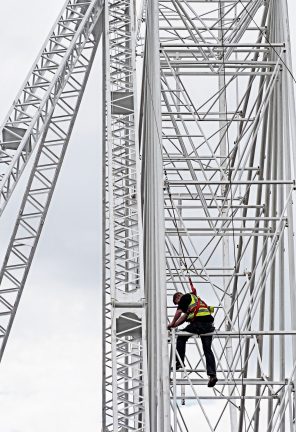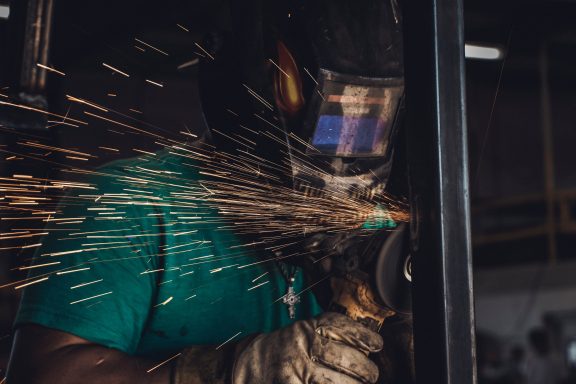April 12, 2020
You do not have to record possible COVID-19 infections on OSHA 300 logs unless the known or reasonably ascertainable facts demonstrate:
(1) the worker has a confirmed COVID-19 case;
(2) the confirmed COVID-19 infection is work-related (i.e. the infection occurred at work); and
(3) the work-related COVID-19 infection resulted in lost work days, restricted duty, death, or medical care beyond first aid.
March 14, 2020
The Commission will soon have occasion to consider the extent to which employers must ensure stored product remains stable upon accidental contact by forklifts. As things stand, employers should ensure that pallets and stacked product are able to withstand accidental “bumps” from powered industrial trucks. Moreover, employers should create work rules removing employees from the loading/unloading area.
February 8, 2020
Employers are entitled to rely on expert or specialty contractors to ensure compliance with OSHA standards—but only when that reliance is reasonable. The Court of Appeals for the D.C. Circuit recently clarified that reliance is not reasonable when the employer—by way of expertise, control, and time—should foresee danger to its employees.
January 22, 2020
The Occupational Safety and Health Review Commission has a full panel again. Because it now has a “quorum”, or the minimum number of commissioners needed to take official action, the Commission will begin working through the backlog of OSHA cases on its docket. This is good news for stakeholders in the OSHA enforcement scheme. The Commission provides helpful clarity, guidance, and interpretation—even when it rules against the employer—which enables employers to better understand their safety obligations.
January 12, 2020
An appeals court recently clarified an employer's obligation to monitor respiratory hazards. Employers must evaluate the workplace for respiratory hazards whenever there is the potential for overexposure of employees to contaminants. Significantly, the appeals court applied the Supreme Court’s Kisor v. Wilkie decision, which purports to limit OSHA’s discretion in interpreting its own regulations, to an OSHA regulation for the first time.
December 28, 2019
If your employees lift heavy items or are on foot in the proximity of power-industrial vehicles (such as electric pallet jacks), then it is a good idea to require steel-toed shoes.
This is the OSHA blog of Wharton Aldhizer and Weaver’s workplace safety practice group.
Our attorneys provide experienced Occupational Safety & Health Administration (OSHA) legal services to businesses and corporations across the country.
We consult with clients over the phone, by email, and in-person and provide comprehensive training to educate safety professionals regarding rights and responsibilities during an OSHA inspection.








